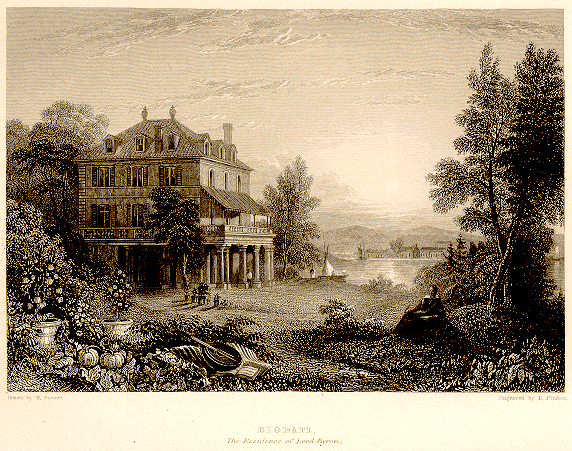Appointments
In their fifties, in their forties
some of them; the small ailments
for which there are now cures
carried them off. Were they conscious
their days were rationed? They took
wives, begot children, fiddled
in a local quartet. Did they sit
under a dwindling candle over
a dead book? Where did they get
their knowledge from? Were there servants
for that as there are now
computers? I think of Wordsworth
boiling his eggs, Coleridge wearing
his shoes out under a Stowey
moon. These had time, both
of them. What of the others,
those who 'in a short time fulfilled
long years'? Did Shelley between
long poems fit in his longer
travels? And what of Marlowe and Keats?
'A free man thinks of nothing less
than of death.' These drove their pen
daily under its lowering
sky. Were they, then, not free?
The distance between one place and
another was like time spent on their knees,
gathering treasure. Between one
hour and the next the cupped mind
did not upset itself, but remained
full, still and deep as the firmament
it reflected. We have shortened
our journeys but have nothing to do
with our time. Hurrying between
one place and the next we make our plans
of what we will do, when we have saved
enough of it to retire on.
R.S. Thomas
